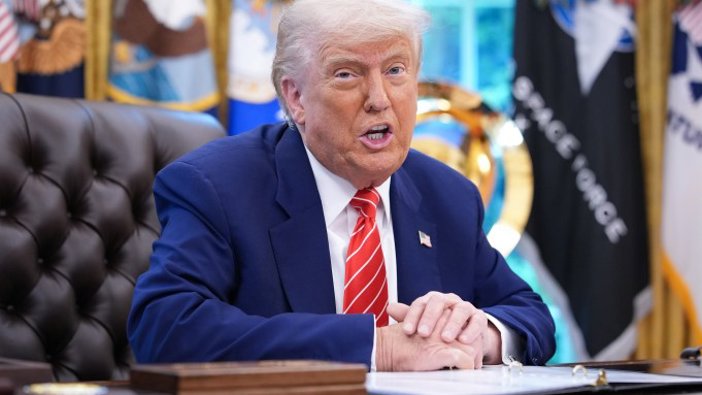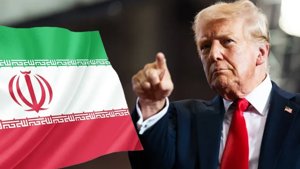
House GOP Urges Senate Action on Trump Reform Bill
House GOP intensifies pressure on Senate to pass Trump’s sweeping tax, immigration, and energy bill without major changes.
House GOP Pushes for Quick Passage Amid Budget Tensions
House Republicans are increasing pressure on the Senate to pass President Donald Trump’s expansive legislative package before the July 4 holiday. The bill, dubbed by supporters as the “one big, beautiful bill,” combines tax reforms, immigration measures, and energy policies into a sweeping proposal currently under Senate review.
As the Senate reconvenes following the Memorial Day recess, internal discussions among Senate Republicans have signaled upcoming changes to the House-approved bill. Some senators are calling for deeper spending cuts, while others aim to ease proposed Medicaid work requirements and preserve certain green energy incentives.
The House Budget Committee held a staff briefing on Monday to prepare for expected Senate criticism. According to internal documents, Republican aides have been instructed to emphasize taxpayer savings and dispute projections that the bill would add over $2 trillion to the national deficit. The materials argue that the bill’s $4.12 trillion cost is offset by $4.29 trillion in projected savings through mandatory reforms and economic growth.
Key elements of the bill include an extension of the 2017 Tax Cuts and Jobs Act, new tax relief for seniors, and elimination of federal taxes on tipped and overtime wages. It also allocates new funding for border security and Immigration and Customs Enforcement, while significantly reducing funds for green energy programs introduced under the Inflation Reduction Act.
To reduce what Republicans label as government waste, the legislation introduces Medicaid work requirements for certain able-bodied recipients starting December 2026. It penalizes states that expanded Medicaid to cover undocumented immigrants and rewards states that did not. These provisions have become major sticking points in the Senate’s narrow Republican majority.
Documents also address concerns about rural healthcare access, stating the bill reinvests in emergency rural hospitals to maintain essential services. On electric vehicle subsidies, the proposal ends tax credits and imposes user fees to ensure EVs contribute to the Highway Trust Fund.
Senate Republicans Signal Resistance and Revisions
Despite the House’s push, several Senate Republicans have voiced skepticism. Senator Josh Hawley warned the bill could negatively affect rural hospitals, while Senator Ron Johnson argued the proposed spending cuts don’t go far enough. “They’re not even scratching the surface,” Johnson said, calling for a return to pre-pandemic spending levels.
Senate Majority Leader John Thune acknowledged differences within the party but stressed the importance of passing legislation. “Failure is not an option. We've got to get to 51,” he stated, referring to the simple majority needed in the Senate.
House Budget Chair Jodey Arrington defended the bill’s fiscal strategy, noting it contains nearly $1.7 trillion in spending cuts—the largest in U.S. history by his estimate. He acknowledged the potential for amendments but emphasized the need for pragmatism. “You can only cut as much as you can get the vote to pass it out of your chamber,” Arrington said.
As the deadline approaches, the House GOP remains focused on delivering the bill to President Trump’s desk, warning against Senate changes that could jeopardize the legislative timeline. The coming weeks are expected to bring intense negotiations as both chambers work to finalize a version that can secure passage.






